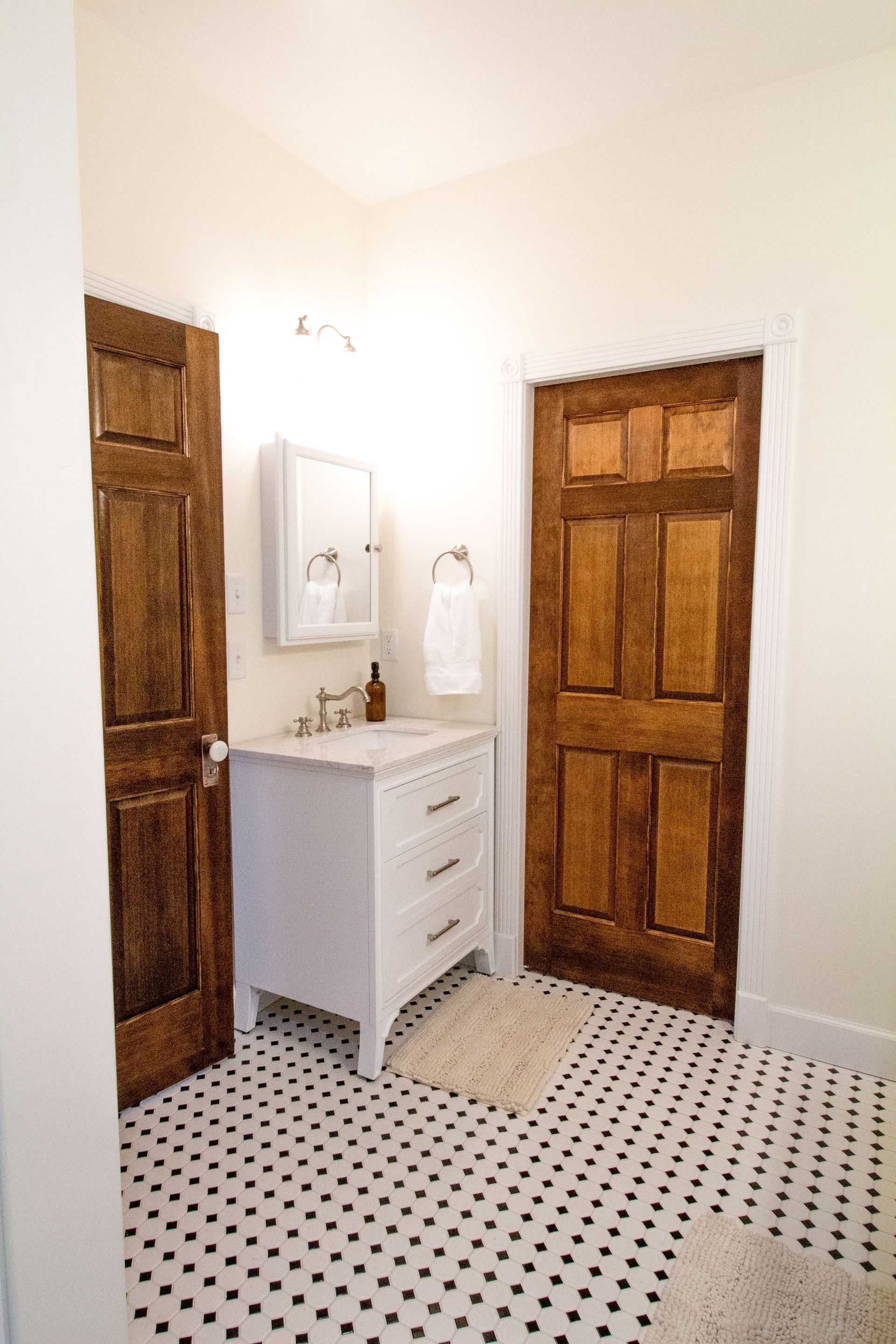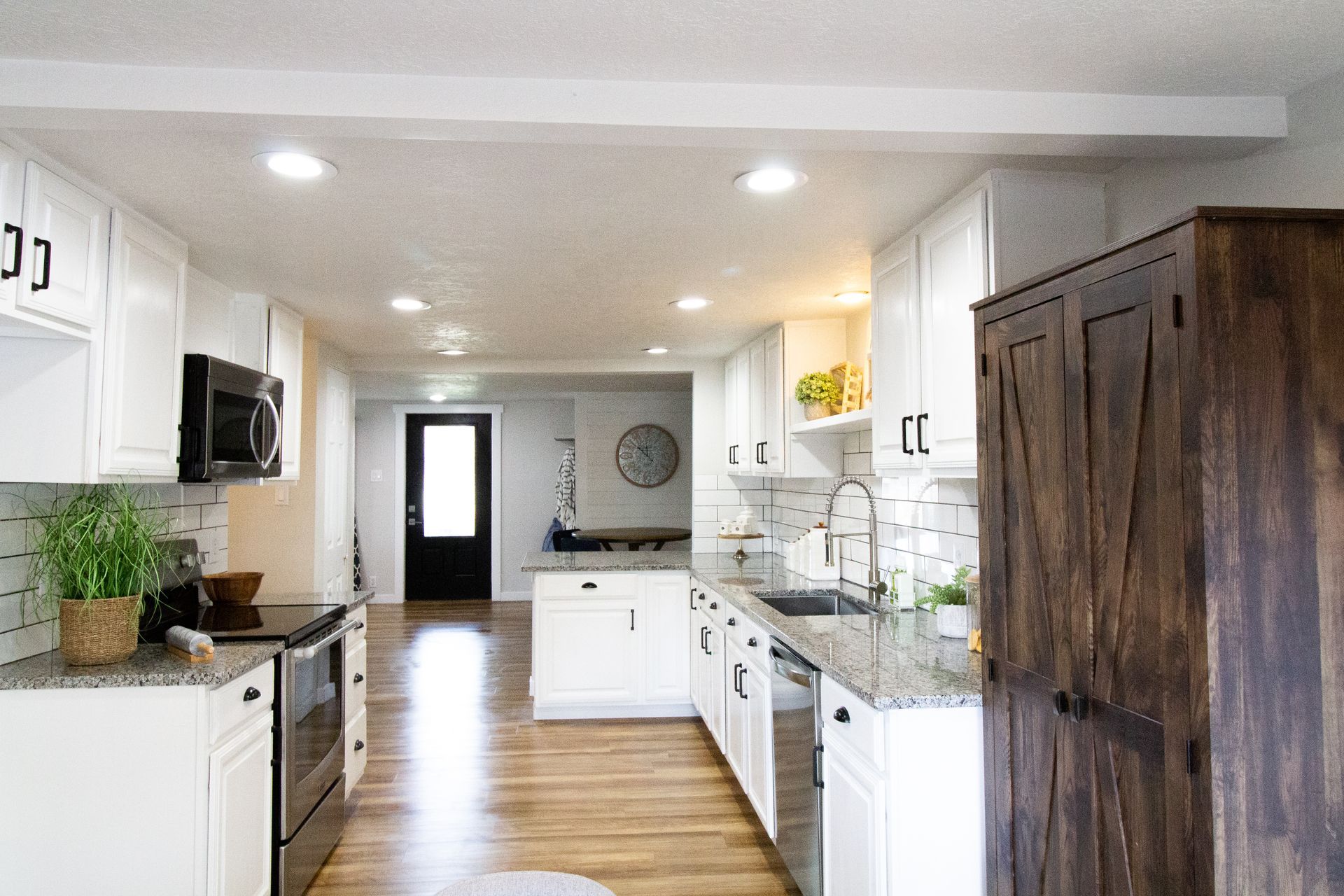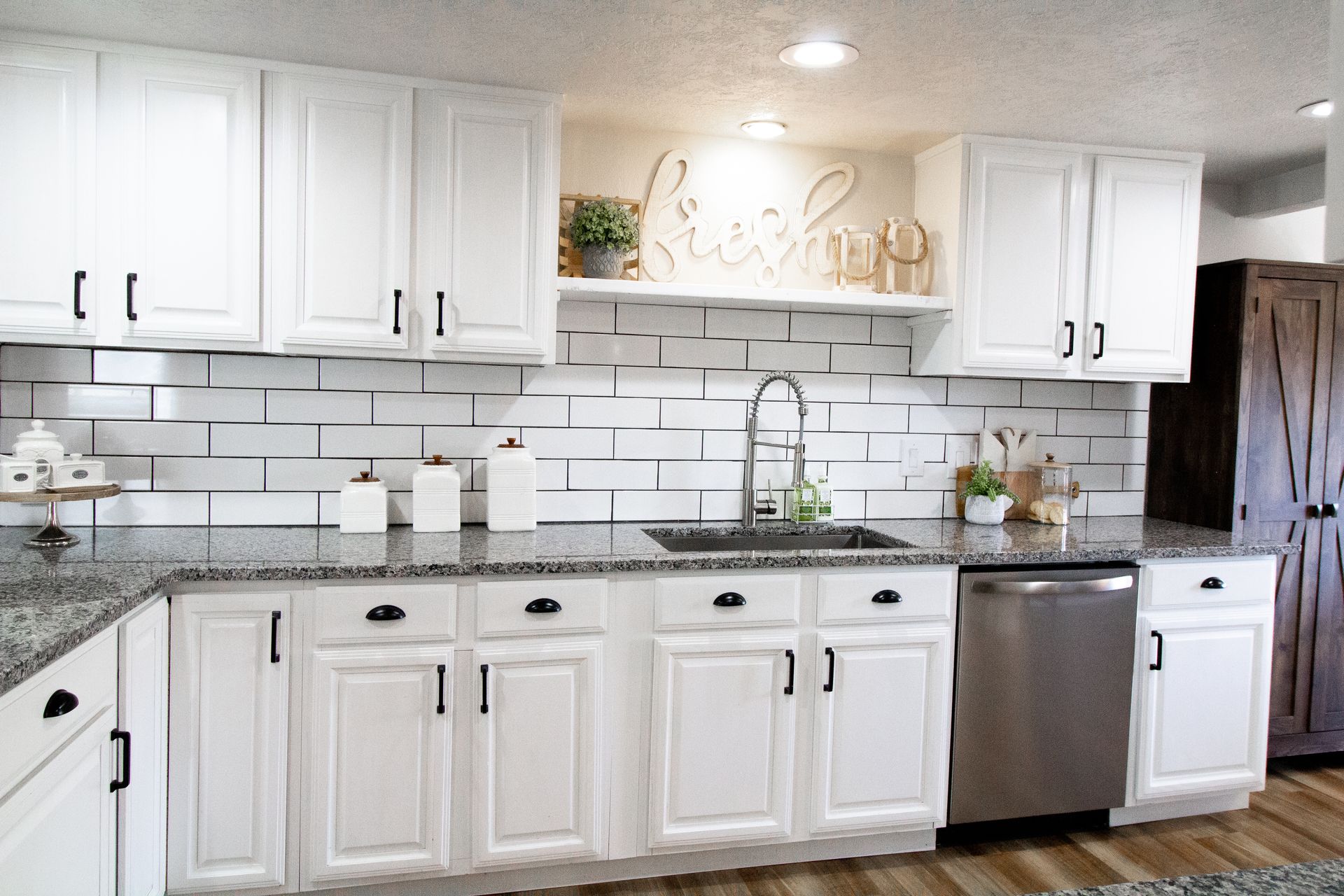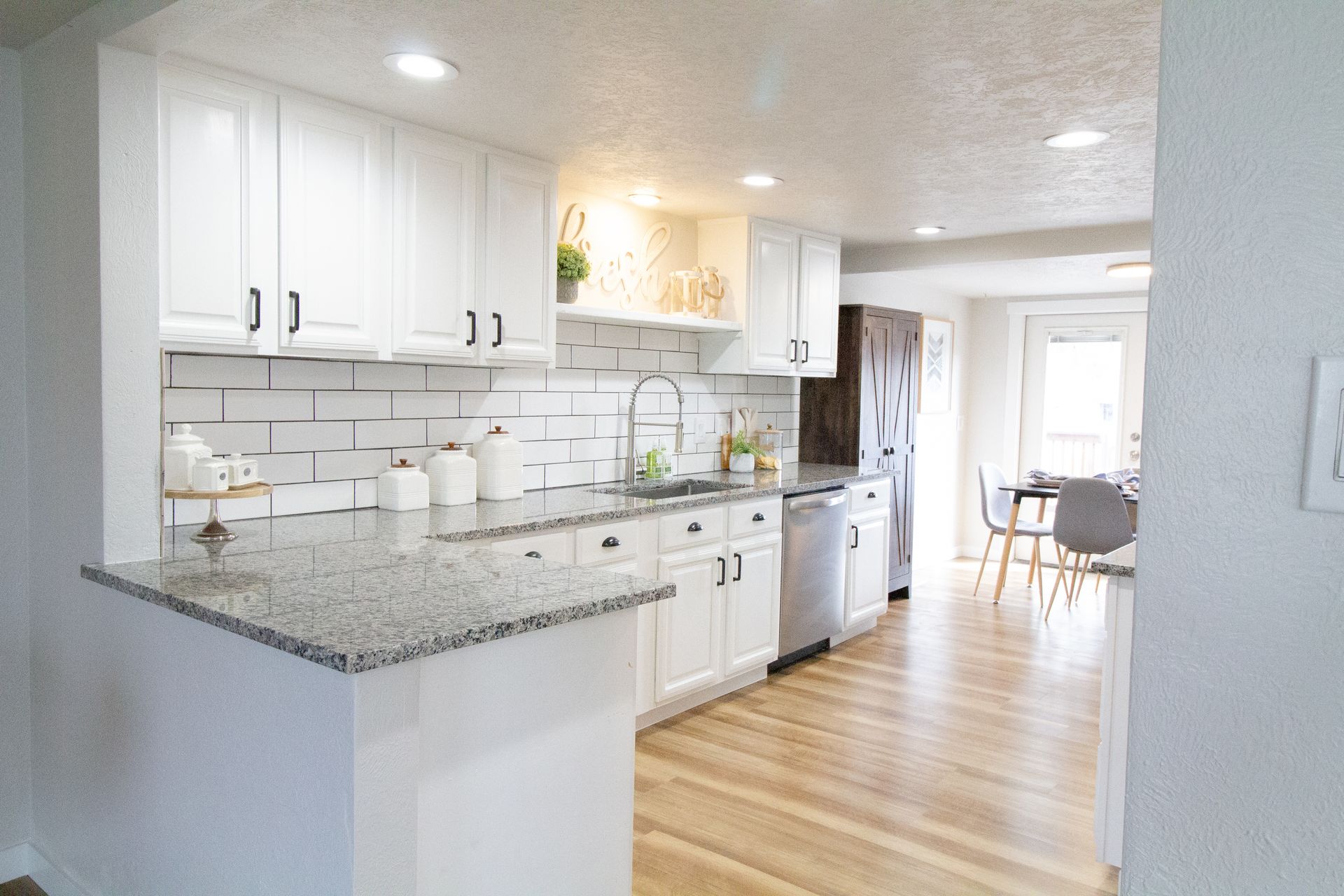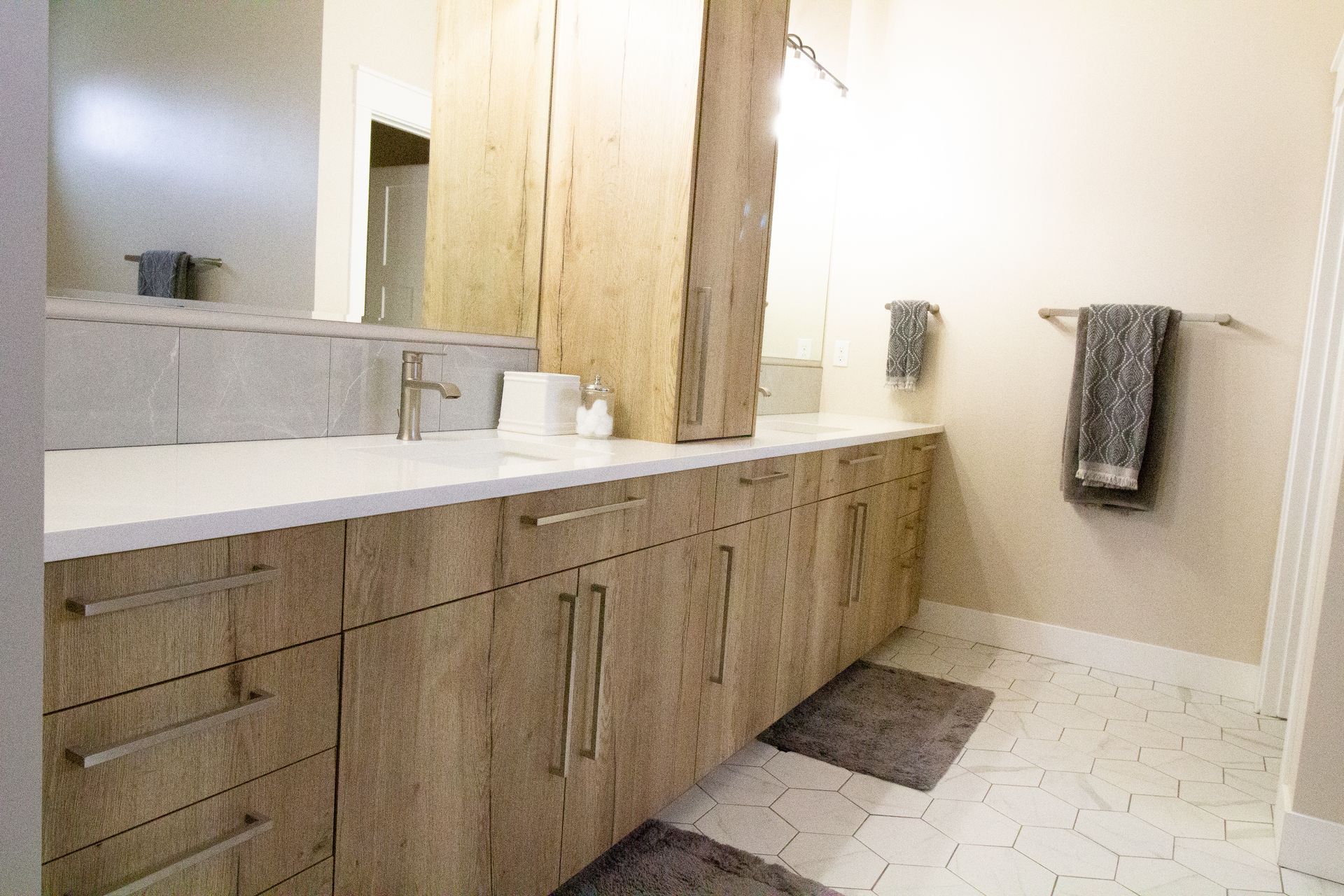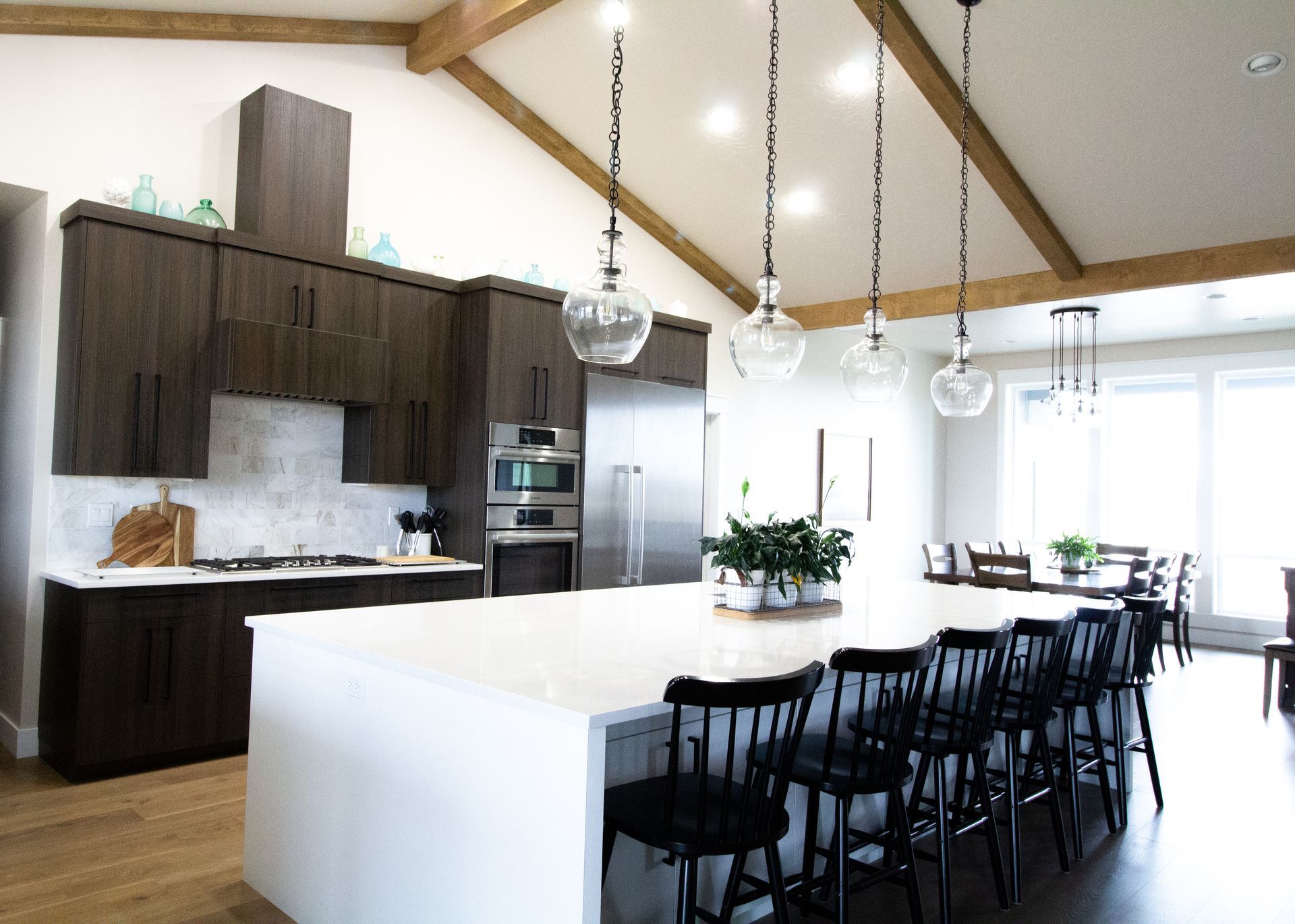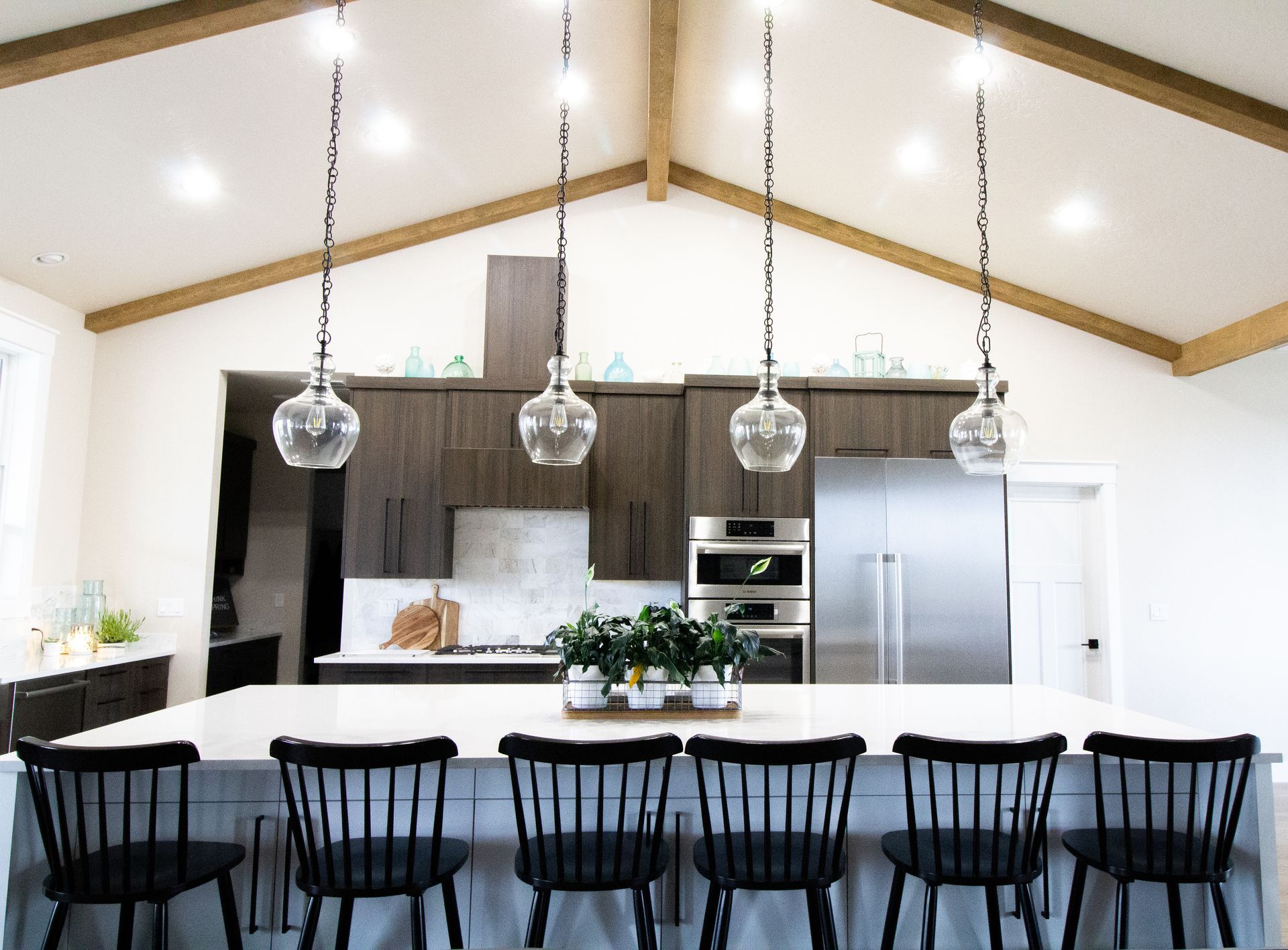Is 2023 a Good Time to Build a Custom Home
I was at dinner this last week with a group of friends. One of my friends is considering buying a new house or building a new house. He’s been on the fence about it for a couple years now. In between bites of delicious chicken, he asked, “Freddy, in your opinion, is it better to buy an existing home or build a custom home in Kuna in 2023?” I laughed a little because, this was a question that he had asked me every year for the last three years. However, given that he has had the question persistently on his mind, I felt it would be a good blog post to respond to for others seeking guidance on whether or not they should build a custom home in 2023. I’m not a big fan of writing out pro and con lists, so I’ll refrain from doing that and take a more analytical approach based on my “insider” knowledge of building custom homes.
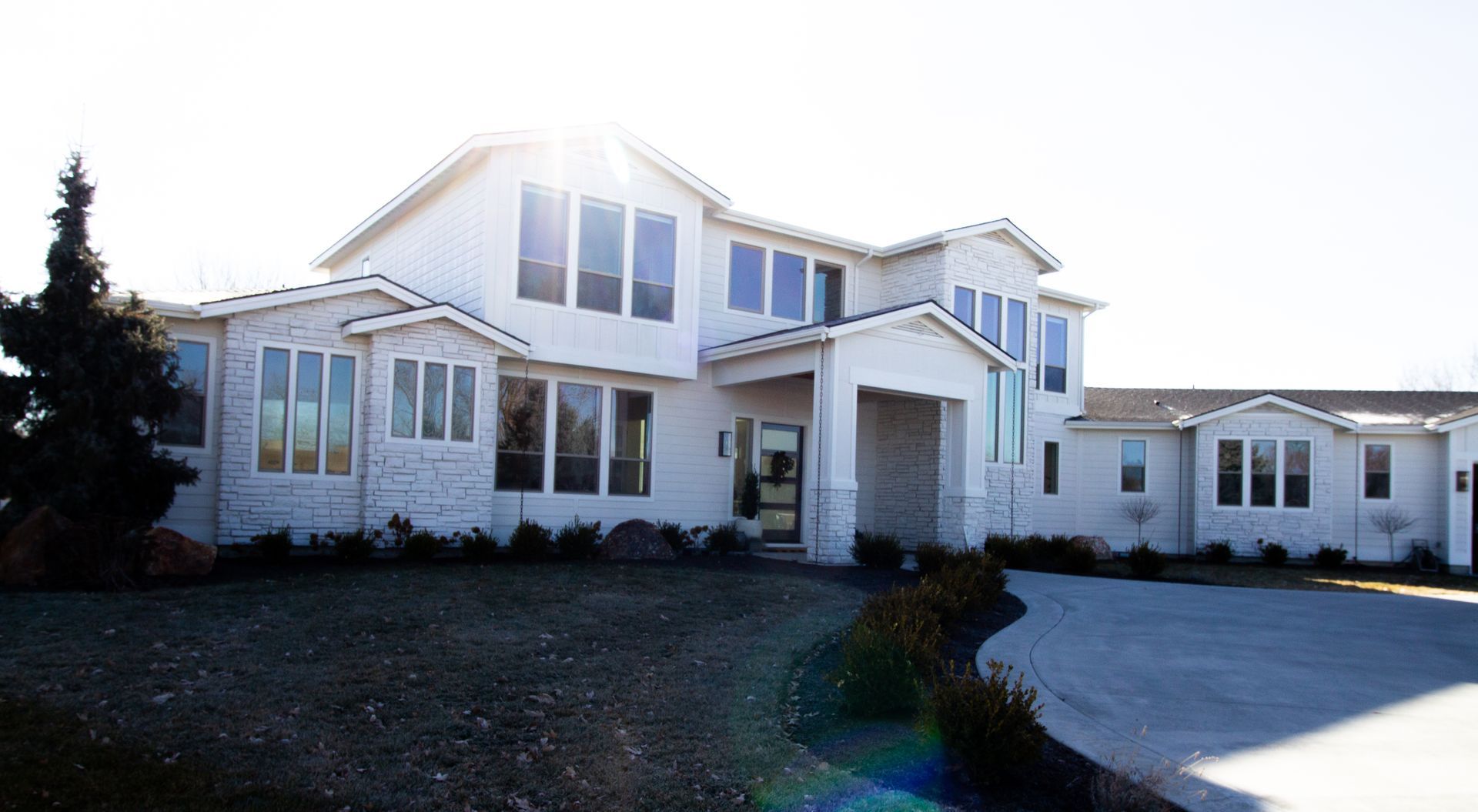
Interest Rates
First, we have to factor in interest rates. Let me share a quick anecdote from last year. We’ll call it “A Tale of Two Custom Homes.” One custom home was delayed because the owner was concerned lumber prices were too high, and predicted they would come down (eventually). The other owner concluded that lumber was too high, but interest rates were really good, so they immediately moved forward on building their house. After 8 months of construction by the Ivory Construction team, they closed their loan. Interest rates had moved a little during their build process, but they had locked in their rate with a one-time close loan, making the interest rate change innocuous to their situation. Did they overpay for lumber? Absolutely. But they had a killer interest rate!
The second owner waited until lumber prices dropped a little. We commenced construction, and after 10 months of building, they closed on the loan. They saved 30% on their lumber compared to the first owner, but their interest rate was almost twice as much as the second owner. Both homes were in the million dollar range, but the second owner’s payment was significantly higher.
This is the part where you probably expect the builder to say something like “Don’t wait to build! Now is the best time!” Well, I’m not that type of builder. So I won’t give you that advice.
Here’s my advice–both clients got an incredible home at a price and timing they were comfortable with. One overpaid on lumber, the other got a higher interest rate. The good news–the client with the higher interest rate can always refinance if rates go lower. And, if rates don’t ever come back down to their record 3% lows, the client can rest assured that they built at the right time–waiting would inevitably have cost them more in interest.
Material and Labor Costs are Coming Down
This is a good point that clients bring up in every economy. However, here’s the short truth–the good craftsmen, the ones you want working on your home, typically don’t fluctuate their prices that much with the economy. Sure, you might get 2-3% lower labor costs, but it’s not going to be a huge swing like most people hope. Production builders and tract home builders can often build cheaper in down economies because their labor force takes on the “Walmart” approach–they want to build as much as they can for as cheap as they can and meet a minimum standard to provide the most house for the lowest cost. There’s nothing wrong with that business model, but you don’t want your custom home to follow that method. When you spend $50,000 or more on siding, you don’t want to have to replace it in a few years because it was installed by a crew who had to finish it in 2 weeks to make it profitable. You want true craftsmen to work on your project, and they take the same amount of time to install siding in a good economy as they do in a bad one. They have to bid the job to pay for their time to do the project correctly.
My advice here–don’t try to time the market to build your custom home based on material and labor costs. Material will constantly swing up or down. Good labor generally costs the same no matter what the economy is doing, so if your
custom home builder tells you they “got a great price on labor” because the “economy is dipping,” you may want to check the references of that builder.
So is 2023 a Good Year to Build a Custom Home in the Boise Area?
We could continue to exhaust the analysis on this. However, I’ll cut to the chase and give you my “insider” opinion. Having built homes for people in different stages of life (some moving into Idaho from out of state, some needing to upgrade, build their dream home, or retire and live on the 20 acre hobby farm), the one big difference between people who tend to not be ready to build their dream home and those who are is how they view the decision. Let me explain.
The people who are looking to get the “best bang for their buck” on building their dream home tend to be slightly disappointed with the finished product. Not because they don’t get great value, but because they always question whether building sooner/later would have been better. If you’re viewing your custom home as an investment property to be flipped, you might be better off building a spec house with your builder and working out a financial split.
Building a custom home is more emotional than most other decisions. Can you build more house for less in different economies? Absolutely! But building a custom home is about building memories with your family and friends, not about timing the construction market just right to get 500sqft more than your neighbor for less money. If you’re ready to build memories in a place that is uniquely yours, and your finances permit you to do it, then you should find a builder to partner with and go for it!
2023 is a great year to build your custom home! Ivory Construction would love to partner with you and build the foundation for future memories with your family and friends in a place you love.
